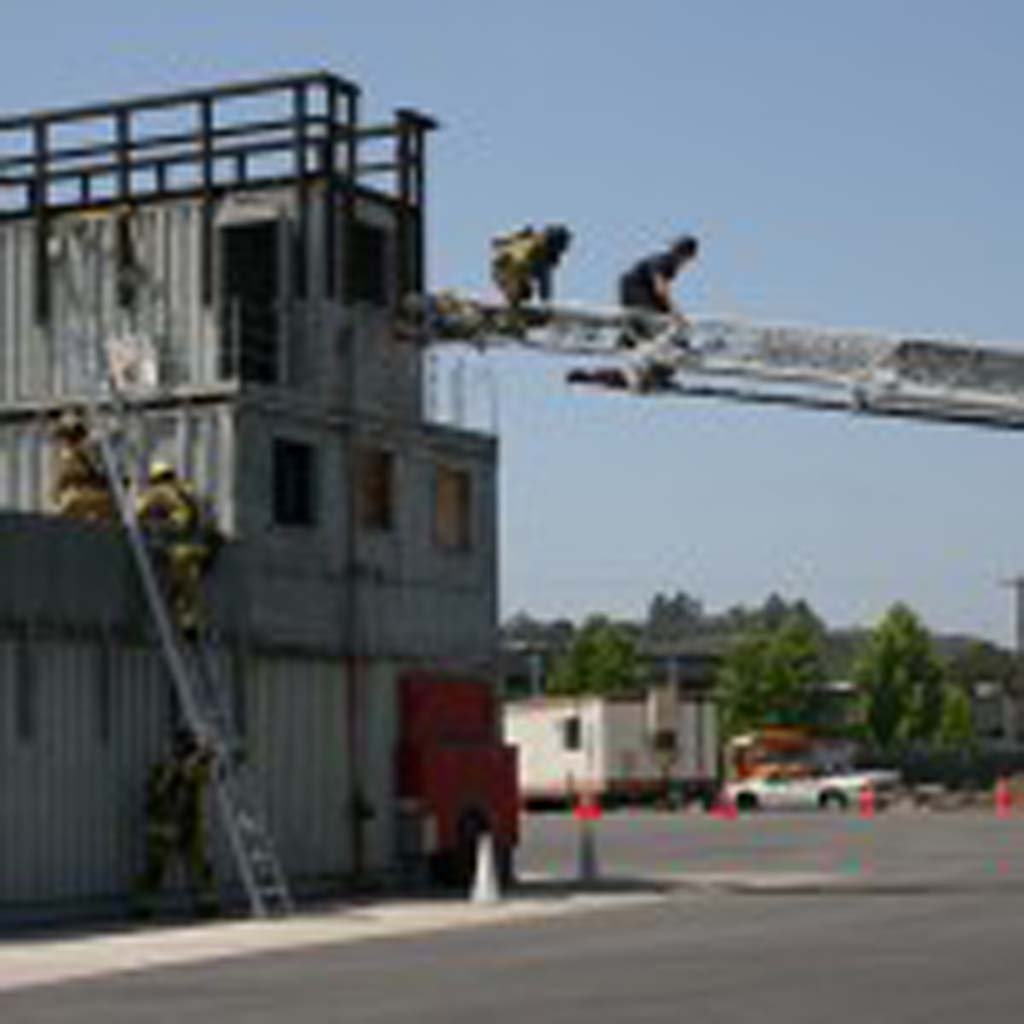Steve Scott hears the Olympic boycott chatter. It sends a chill down his spin and a response equally as hot.
“It doesn’t make any sense,’’ Scott said. “To even threaten that just makes us look stupid. The only people a boycott hurts is the athletes.’’
Scott, the legendary American distance runner, knows of what he speaks. He was denied racing in the 1980 Summer Games in Moscow when USA boycotted the event.
President Jimmy Carter’s heartbreaking decision was in response to the Soviet Union invading Afghanistan. Now some are urging President Obama to keep Uncle Sam’s best athletes stateside for the 2014 Winter Games in Sochi, Russia, as the countries’ relationship deteriorates.
“Let Wall Street feel the pain,” said Scott, the architect of Cal State San Marcos’ NAIA powerhouse track and cross country squads. “We still have an open trade agreement with Russia; we still are trading grain, oil, all sorts of stuff. If you want to hurt a country, then hurt it all the way, but don’t make just one group suffer.”
When looking ahead, Scott, 57, looks back. He reflects on what might have been in 1980, when Scott was an emerging star told to cool his spikes. Scott competed in the 1984 Olympic Games — in Los Angeles, which the Soviet Union boycotted — and in 1988.
He’s quick to note ‘80 might not have come with a place on the podium.
“It probably cost me a medal in ‘84,” Scott said. “In ‘80, that was going to be me getting the experience of what it felt like being an Olympian and going through the emotions of that.
“So then the next time around, when I’m at my peak, I would know what it was like and it wouldn’t be so emotionally overwhelming. Without that experience, in ‘84 I was an emotional wreck.”
In the 1,500 meters, Scott finished 10th in L.A. and fifth in Seoul. This after his soul was shredded by Carter, a decision which still causes Scott’s blood to percolate.
“They had us get our Olympic gear, visit the White House and we all shook Carter’s hand,” he said. “They tried to make you feel patriotic that you were doing your American duty but it was a bunch of hogwash.’’
The 29 boycotting countries instead competed in Philadelphia’s Liberty Bell Classic, where Scott took the 1,500. But it was fool’s gold, and Scott isn’t shy about saying it.
“I was against the boycott from the start and my opinion has never changed,” Scott said. “The thing is if you want to get back at the Soviet Union, then send over a team and get all the medals you can — that is how you hurt another country.
“It’s like what Jesse Owens did in Germany (1936 Olympics) when he won all those medals. That really irked Hitler and the German government by showing the world what he can do.”
Scott can’t do much except hope athletes aren’t used as pawns. He’s in the Eastern Sierras this week, conducting his annual CSU San Marcos team bonding trip and training sessions.
In a place where winter visits with vengeance, Scott’s thoughts are with our best winter athletes.
“They don’t make any money; it’s their own personal sacrifice,” Scott said. “They’re not profiting from all this. You think the luge team is going to make $1 million off a gold medal? No. It’s just an asinine thought to boycott the Olympics. Sports and politics don’t mix.”
Scott’s 1980 wound remains fresh. What’s old is the belief that boycotts are effective.
“Sports is what brings us together,” he said. “People of different countries speaking different languages getting together and competing against each other in a harmonious place.”
That’s an idea that never grows stale.
Jay Paris can be heard talking Chargers football on Monday and Friday mornings on 1090 AM radio. He can be reached at [email protected]


